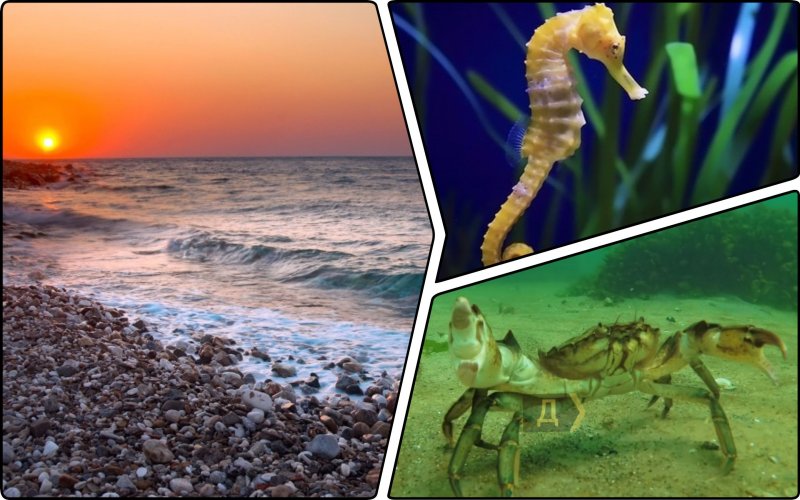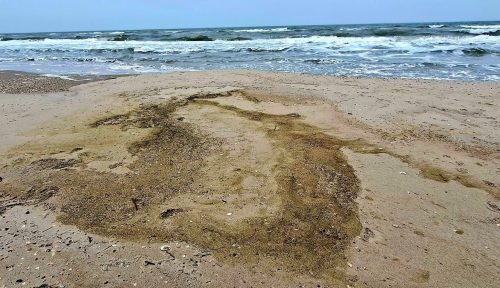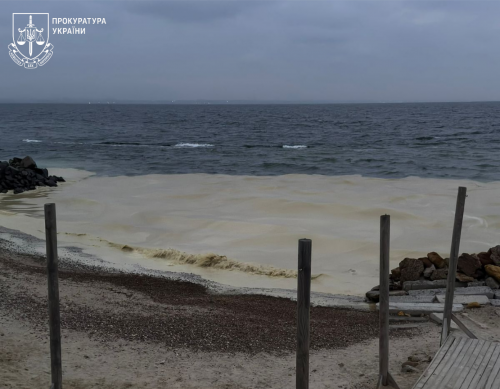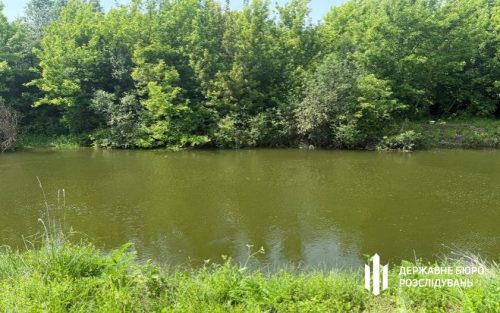Oleksandr Kurakin, a scuba diver at the Institute of Marine Biology of the National Academy of Sciences, found in the Odesa Bay in massive quantities red book marble crabs, which happened for the first time in the last 20 years.
Also, he discovered a significant number of red-listed seahorses, rapan molluscs and shrimps, reports Dumska.
It is noted that the scientist investigated the area of Cape Odesa North, Cape Maly Fontan and Cape Velikiy Fontan at the request of prosecutors who are conducting criminal proceedings regarding the undermining of the Kakhovskaya HPP. Specialists also took samples of water and benthic organisms.
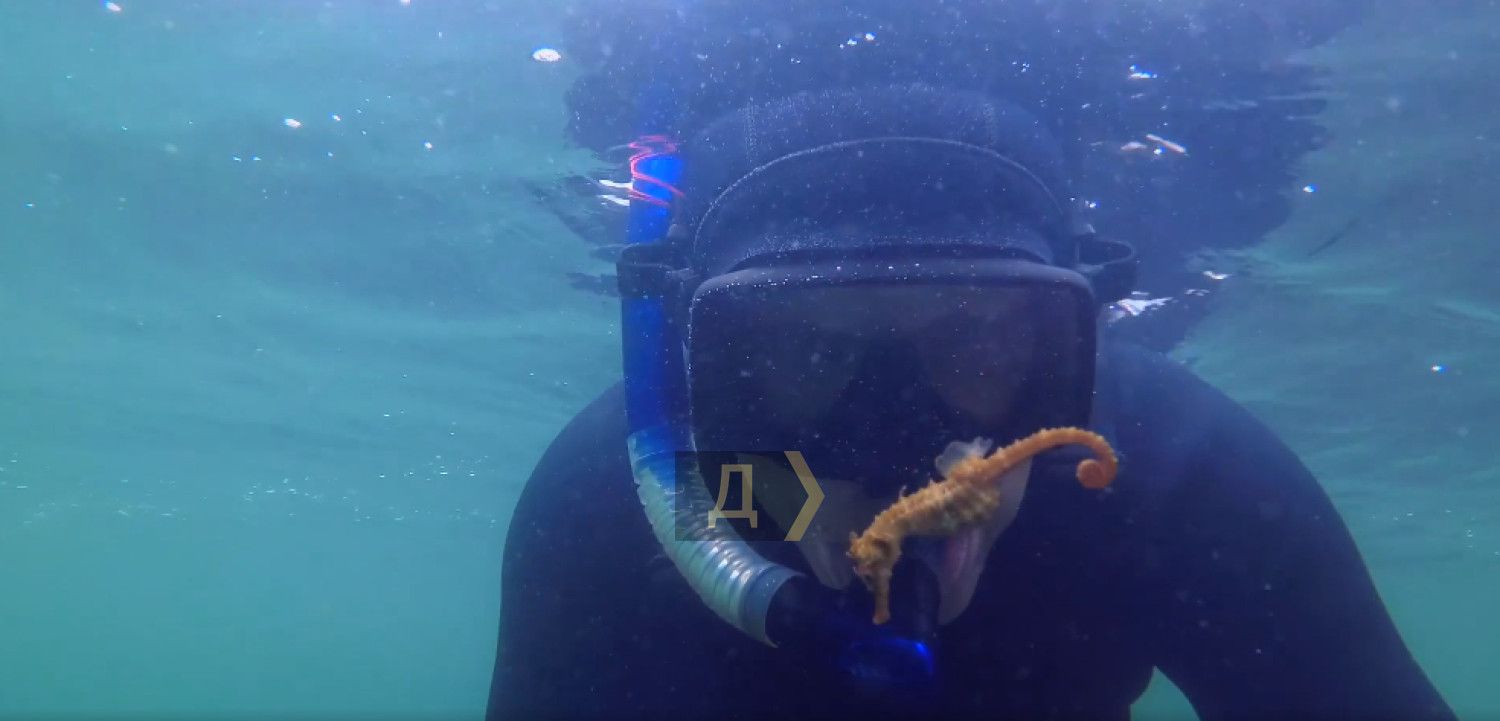
According to Kurakin, the amount of reed remains has decreased significantly. Separate branches and snags remain at the bottom. In addition, mussel colonies at a depth of more than three meters were practically not affected. Only those who were in the 1-1.5 meter near-surface layer, which had undergone colossal desalination, died.
He said that the population of rapans, which have become gigantic, the size of a fist, has also recovered. Probably, this happened due to the fact that after the start of hostilities, their catch practically stopped.
"I saw with my own eyes all types of crabs that live in our waters, but the most amazing thing is that, for the first time in twenty years, a marble crab was found in large numbers. This species was found before the start of large-scale hydraulic construction on the Odessa coast, but then it practically disappeared. They also activated hermit crabs. I saw a significant number of red book seahorses, but there are practically no sea needles, apparently these species have been seriously affected by desalination," Kurakin emphasized.
He added that the bull population was negatively affected by desalination. After all, these fish are small in size, which is not typical for this time of year.
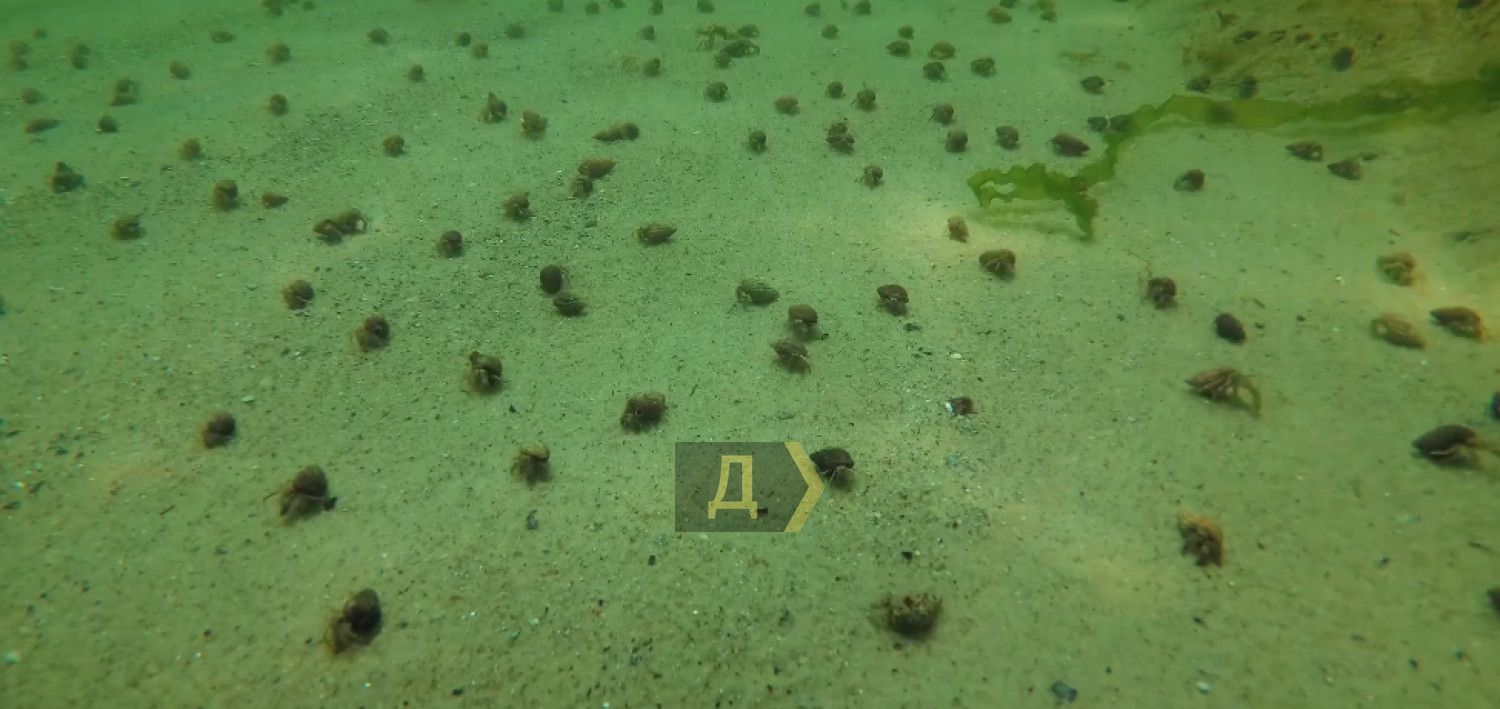
Hydrobiologists associate such changes not only with the consequences of blowing up the hydroelectric power plant, but also with the factors of covid and war in general. Shipping has been practically stopped for over a year and a half, the number of bathers has dropped tenfold.
As EcoPolitic reported earlier, research by ecologist Vladyslav Balinsky showed that hundreds of tons of mussels died in the water area of Odesa due to desalination as a result of the explosion of the Kakhovskaya HPP. In the pool of the "Dog" beach near the shore about 50% of all mussels died.

